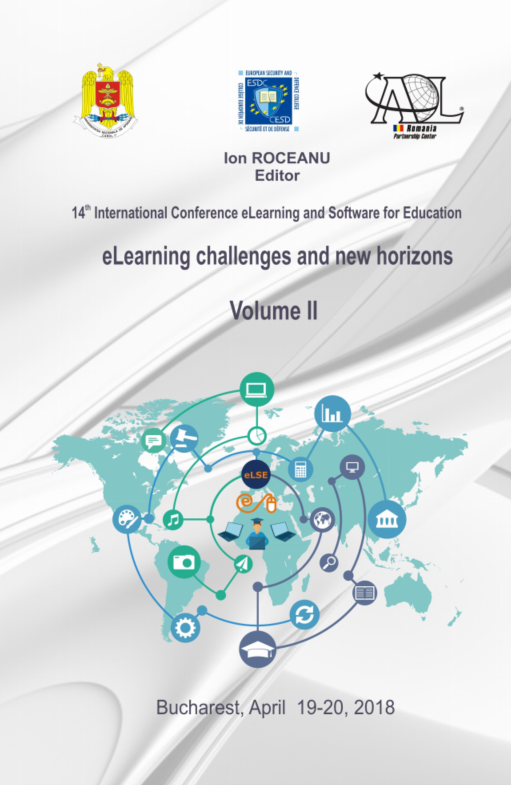The Integration of Digital Technology in a Language Course
The Integration of Digital Technology in a Language Course
Author(s): Roxana-Anca Trofin, Maria Ana OprescuSubject(s): Social Sciences, Education
Published by: Carol I National Defence University Publishing House
Keywords: digital technology; text treatment software; French course;
Summary/Abstract: Concurrently with the advent of new technologies, the content and typology of language courses have changed. The borders between the courses we propose to our students have become more permeable in view of the society demands, educational needs and institutional constraints. In a francophone country such as Romania, where there are French streams receiving students who have French as their mother tongue, or as a second or foreign language, having relatively heterogeneous linguistic and cultural backgrounds, the French for Specific Purposes (FSP -FOS) modules also comprise components of French for Academic Purposes (FAP -FOU) and of French for Professional Communication (FPC -FLP). On the other hand, for future engineers who are very open to new technologies, the use of the digital technology in a mixed FOS-FOU (FSP-FAP) module can contribute to a better acquisition of specific knowledge as well as the development of know-how essential to successful communication and action of the future social actor. I will therefore aim to present digital technologies integration in the language for specific purposes course in the particular context of Bucharest POLITEHNICA University. Starting from a type of course that is not a classical FSP (FOS) one, in Mangiante et Papette’s signification, having one specific objective only, but a mixed type one, I will analyze the pedagogical efficiency of the text treatment software and smart phone use in class. The analysis will be carried out on the following types of activities: information search, language work with a stress on the terminological-lexical and/or intercultural components, as well as on the types of documents that allow digital means of exploitation. I will also approach the role of digital technologies integration from a cognitive perspective, as well as from a didactic and/or intercultural one.
Journal: Conference proceedings of »eLearning and Software for Education« (eLSE)
- Issue Year: 14/2018
- Issue No: 02
- Page Range: 268-273
- Page Count: 6
- Language: English

